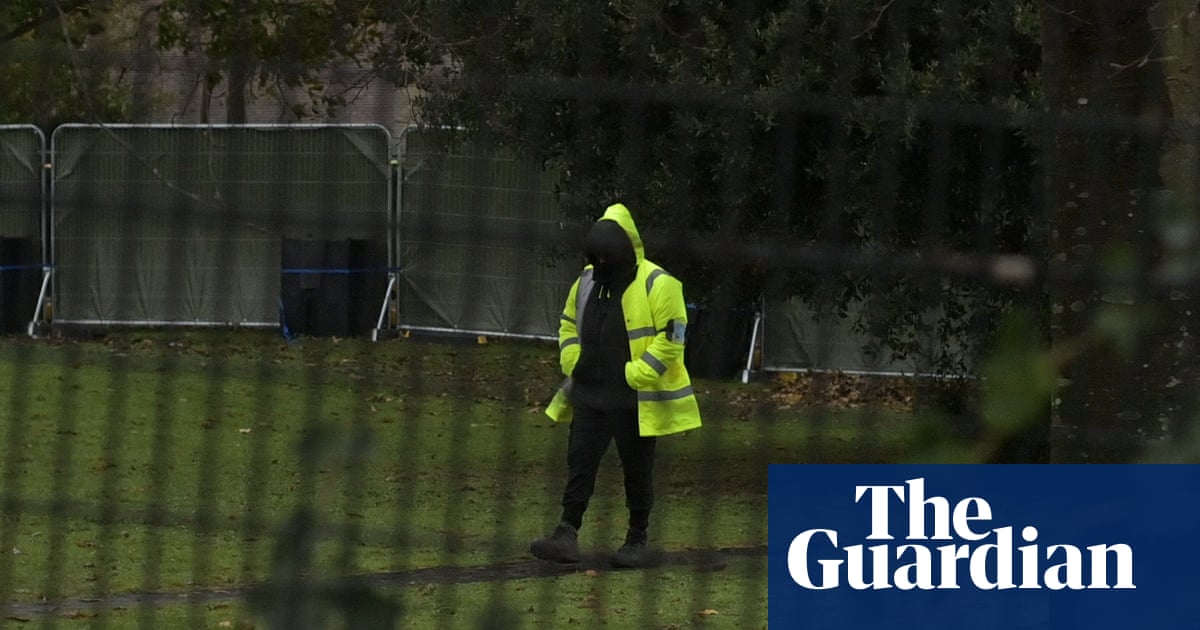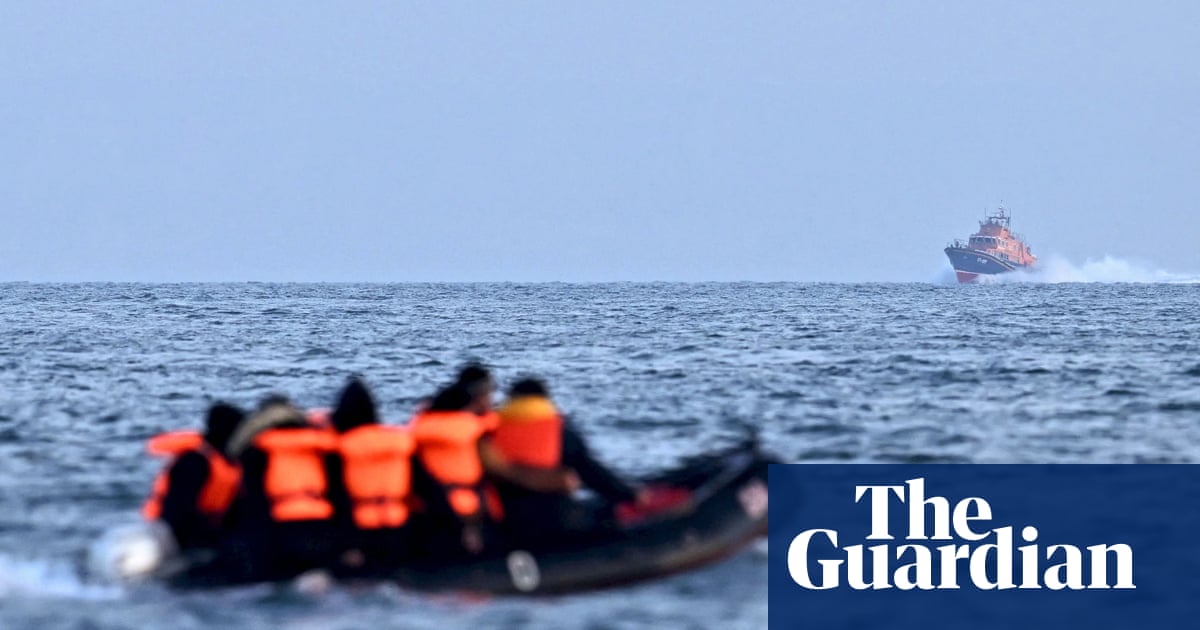
Outreach workers warn of mental health crisis among asylum seekers held in UK
Last year a Sudanese man with mental health problems stabbed six people and was killed by police
LONDON: Calls for an inquiry into a series of deaths among asylum seekers in Scotland are mounting as Glasgow prepares to mark the one-year anniversary of the death of a Sudanese man who attacked six people, including a police officer, with a knife before being shot dead by police.
Badreddin Abedlla Adam, 28, from Sudan was suffering from escalating paranoia and mental health problems in the days leading up to the knife attack in Glasgow on June 26, 2020.
Now, grassroots activists in in the city are organizing an act of remembrance and encouraging locals to bring flowers and candles.
“This was a tragedy for everyone in this city, and people are still looking for answers. We need an inquiry into why these people were abruptly uprooted from homes, setting off this tragic chain of events,” said Pinar Aksu from Refugees for Justice.
Last summer, outreach and support workers had raised concerns about the crisis in mental health among asylum seekers in Glasgow who were abruptly moved from long-term accommodation into hotels at the start of the COVID-19 lockdown by private housing provider Mears.
Their financial support was withdrawn, and they complained of very poor-quality meals, lack of access to vital hygiene products, and an inability to top-up phone credit — effectively cutting them off from their families and the outside world.
Just a month before Adam died, another 28-year-old asylum seeker, Adnan Wlid Elbi from Syria, was found dead in an apparent suicide in another Glasgow guest house.
But one year on, Sabir Zazai, chief executive of the Scottish Refugee Council, told British newspaper The Guardian: “There are still around 240 people in hotel rooms across Glasgow, and in January 2021 Mears opened a cramped and unsuitable mother and baby unit for more than 20 expectant or new mothers in Glasgow.
“We are part of the Freedom to Crawl campaign, pushing Mears to stop making the same mistakes again — in the short term, they need to carry out vulnerability assessments and commit to not moving any new mothers into the unit,” Zazai continued. “In the long term, we want to see an end to the UK government putting profit before people’s health and wellbeing.”
Mears has previously described the unit as a “dedicated facility to support mothers, babies and vulnerable women,” to provide a “positive setting for (those) who could otherwise be isolated in the community.” But many of those who were moved to the unit claimed to have developed good social connections in their previous accommodation.
The people of Glasgow have developed a reputation for their compassionate approach toward the city’s asylum-seeker and refugee populations. Last month, protestors prevented the detention of two asylum seekers by physically blocking the Home Office vehicle that was transporting them from Kenmure Street until the officers relented and released them.
Referring to those events, Zazai said: “Glasgow will never forget Park Inn (where Adam was killed), but we know after Kenmure Street that our community is strong here. People in the asylum system are part of this community. No matter how hard this government tries to break these bonds, these are our neighbors.”
A Home Office spokesperson said: “We take the welfare of those in our care extremely seriously. All asylum seekers in hotels are provided with full-board accommodation with three meals a day … (and all other) essentials.”












